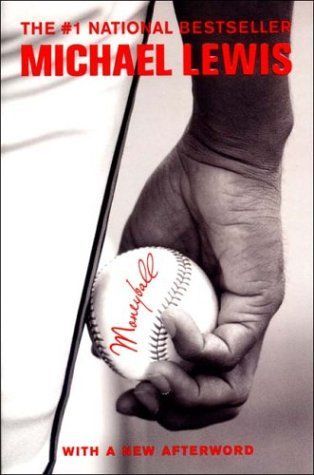
Reviews
Timeo Williams@timeowilliams
Rafael Matsumoto@rafaelmatsumoto
iamazoo@iamazoo
matej yangwao@yangwao
Jonathan Tysick@jtsick6
Becky A@allreb
Emma Friedheim@emrosemary
Leo Generali@itsleeohgee
Udit Desai@uydesai
Melody Izard@mizard
Cola@theycallmecola
Kerry Gibbons@kerryiscool
Jon Aho@jon_aho
Yucel Arda Bayram@aarda
Hemanth Soni@hemaaanth
Zak Erving@zak
Jamie Craig@nzewok
Will Holland@wilcotowns
Mat Connor@mconnor
A. D. Knapp@haselrig
Jb@jbr1992
Cody Degen@codydegen
rob suttman@stigs_cousin
Coleman McCormick@coleman